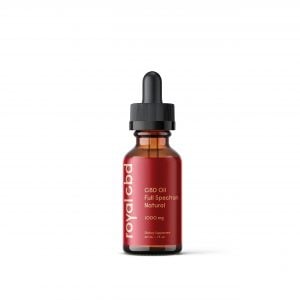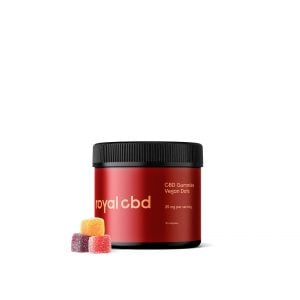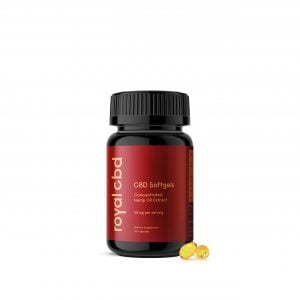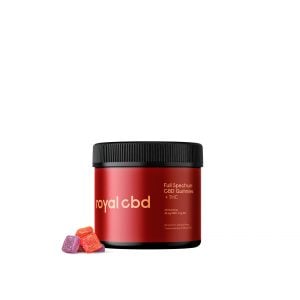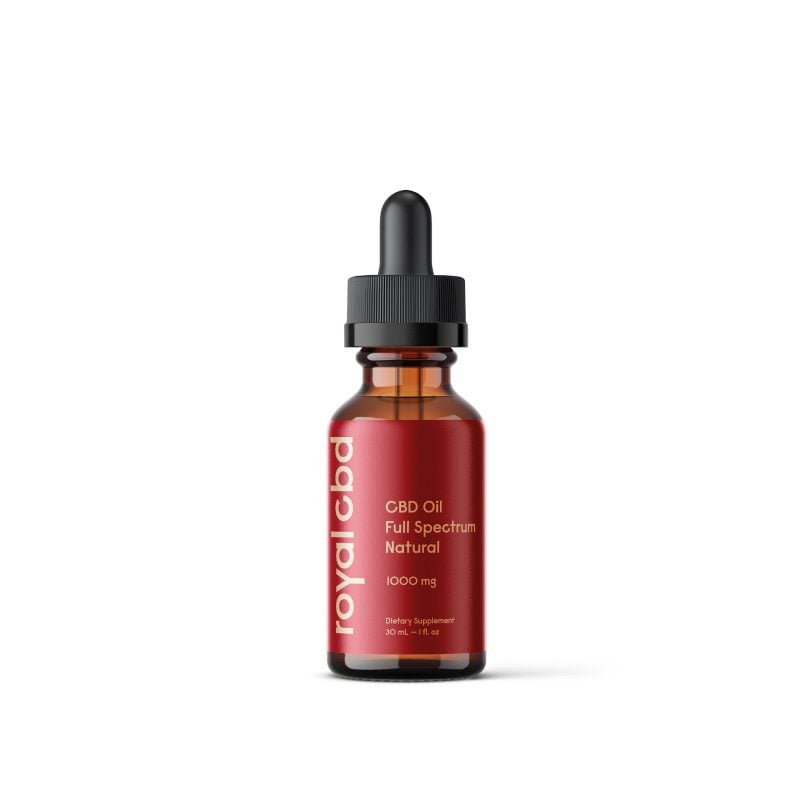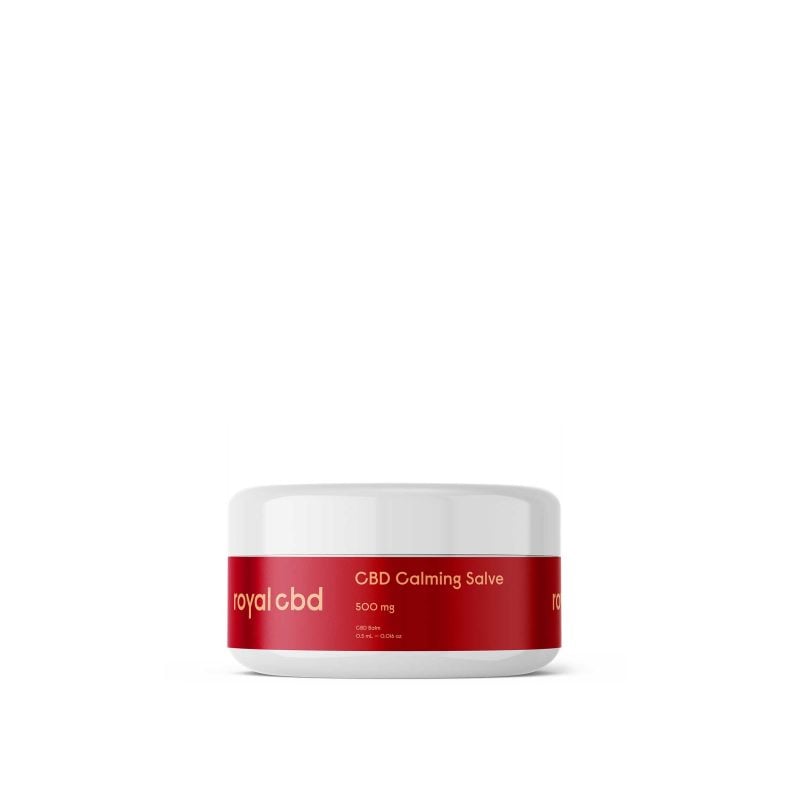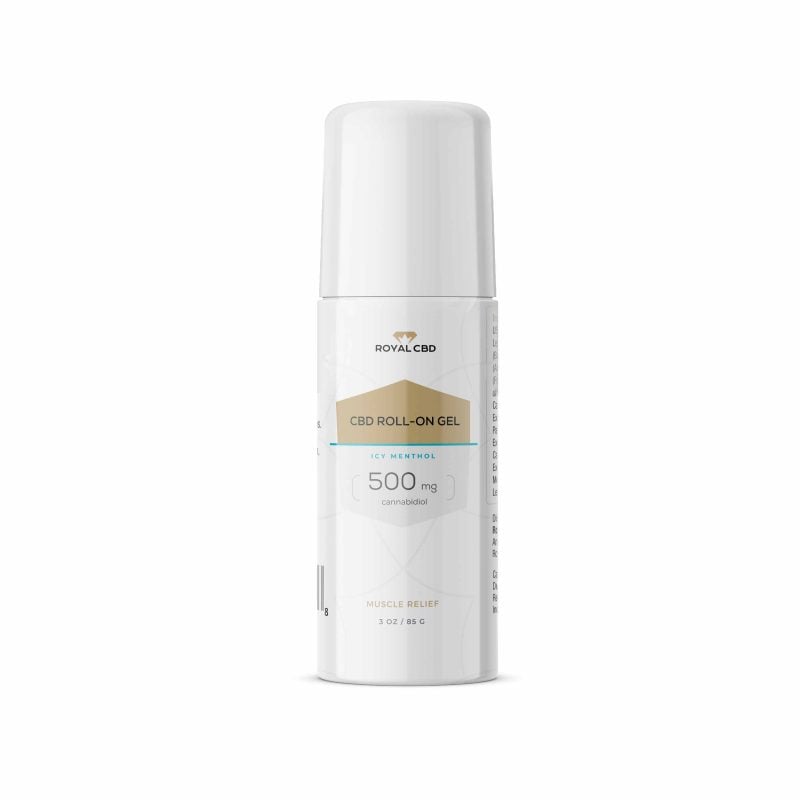CBD or Cannabidiol is one of the essential components of cannabis plants. There are various active chemicals in Cannabis Sativa. Still, CBD is the only active ingredient that is non-psychoactive, meaning it won’t give you the addiction that the psychoactive chemical (THC) gives. CBD is extracted from a different species of Cannabis Sativa with minimal THC content, making it enticing for its health benefits. CBD-infused products are available depending on your personal needs.
A lot of studies have demonstrated the beneficial effects of CBD on different problems. Research is still underway to prove all the potential health and wellness benefits of CBD. Aside from that, CBD is known to have beautification benefits that can help minimize if not remove acne problems and other skin inflammatory issues.
There are tons of CBD products available in the market. The most common formats are oils and topicals.
CBD Oils and Topicals: What’s the Difference?
The extraction of CBD oil from hemp plants is through the carbon dioxide extraction process. It is consumed by putting a few drops below the tongue and sitting there before swallowing the oil. Through sublingual administration, the oil can directly go into your bloodstream. You can add CBD oils to your food and beverages.
Topicals include creams, lotions, gels, and the like. They are simply CBD-infused products that are applied directly to the skin. One of the primary uses of CBD topical is to ease localized discomfort in the musculoskeletal area. CBD topicals are not like your typical pain-relieving gels that relieve your pain for a short time. CBD interacts with cannabinoid receptors in your body that will help remove your pain for more prolonged bouts of time.
What’s Inside?
The cannabis plant is the only ingredient in CBD oils- from its flowers up into its stems. It also contains a carrier oil that improves its absorption and evenly distributes it throughout the bottle. CBD topical formulations are more complex than CBD oils. Most manufacturers are adding other elements that can give additional benefits to their users.
Some of the usual ingredients added to CBD topicals have muscle-relaxing effects and are beneficial to the skin. Popular adjunctive ingredients include tea tree oil, hemp seed oil, vitamins, cocoa oil. You can find your typical skincare ingredients in CBD topicals.
What are the Uses of CBD Topicals?
There are different types and formulations of CBD topicals available out there. Some topicals have a concentrated area of use; others have a schedule to follow for when to apply.
Users can opt to purchase CBD topical specifically for joint discomfort or muscle tension. CBD topicals can also aid your skincare problems, such as acne and the formation of wrinkles.
Can you Use CBD Oil Topically?
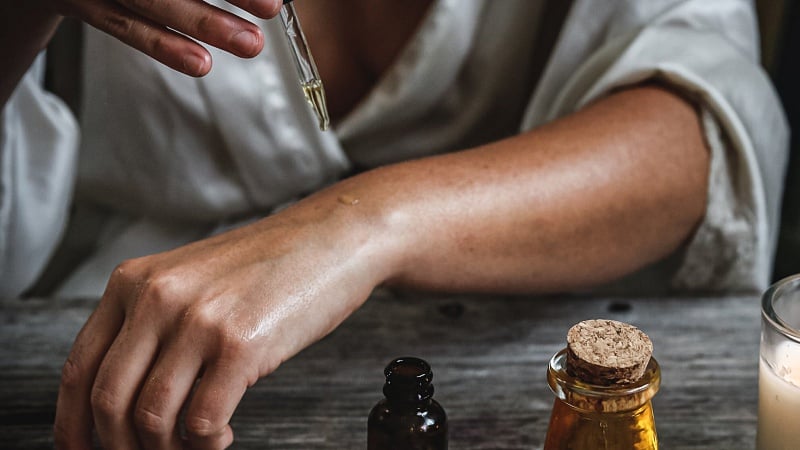
The most usual administration of CBD is through oils or oral forms like capsules and gummies. In some cases that need localized relief from physical discomfort, you can infuse your CBD oils into lotions for faster effects.
Many studies show CBD oils as effective in various skin problems such as acne, drying and itchiness, aging, and wrinkles [1]. More research is still looking into other benefits of CBD oil for skincare.
That being said, raw CBD oil used on the skin may result in poor absorption, translating into the lower efficacy of the product. That’s why CBD oil brands infuse CBD oil into fat bases and add supportive ingredients to create topical formulations.
What are Other Types of CBD Products?
There are three types of CBD extracts:
- Full-spectrum – these are the CBD products that still have all the components of the cannabis plant, including THC – but within the permissible content of 0.3%. They are used by those that need the full effect of CBD or known as the ‘entourage effect.’ The entourage effect shows that combining THC and CBD with terpenes is more effective than taking THC or CBD separately.
- Broad-spectrum – has all the components of the cannabis plant but without THC content.
- CBD isolate – this type has no other cannabinoids. CBD isolate is pure CBD. It doesn’t have any odor or flavor, which makes it more appealing in terms of consumption, but it also doesn’t evoke the entourage effect, meaning it can be less effective than the two above types.
These categories further break down into different product formats, including:
- Edibles – this category features products like gummies and candies. Edibles contain a fixed dose of CBD, making them easier to take than oils. However, since they need to be metabolized by the liver, they have a delayed onset — kicking in after around 30–90 minutes.
- Capsules – Like edibles, are taken orally and are beneficial for those who need to manage and maintain CBD doses. Like gummies, they need more time to produce their effects, but once they kick in, they last longer than oils, up to 8–10 hours.
- Vape juices – One of the latest trends in the CBD space. You inhale them through a vaporizer or vape pen. Vaping offers the fastest and most effective way to take CBD, but it’s also the least researched method in terms of long-term safety.
What Are the Doses of CBD Oils and Topicals?
CBD products have different dosages depending on the type of CBD and consumption method. It is also important to know how much is too much CBD oil consumption. Though people can’t get any fatal reactions caused by overdose intake of CBD products, you might experience a few side effects.
The FDA has approved only one CBD-infused medication (Epidiolex), which you can get on prescription. For proper dosage, you need to consult your doctor.
The FDA does not regulate all other products with CBD content. Its guidelines and dosages are not clearly defined.
CBD Oils and Topicals: Wrapping It Up
CBD has attracted people because of its potential health benefits. Research and studies are still ongoing to prove the many positive effects CBD oil seems to have on a wide range of health concerns.
CBD oils and CBD topicals are the most commonly used CBD products that you can find in the market. They proved to have worked on various consumers and their health issues — muscle tension, joint discomfort, acne problems, and more.
While it’s possible to use CBD oil topically, a better option is to find a dedicated topical formulation that includes not only CBD but also a decent fat base that will increase its bioavailability. The formula should also have adjunctive ingredients, such as herbal extracts, fruit and seed oils, and cannabis-derived terpenes to leverage the entourage effect.
Here at Royal CBD, we offer full-spectrum CBD oils in a broad potency range and two topical products — salve and gel — suited for different physical needs. Whether you need to warm up your joints and muscles before working out, or you’re looking for a cooling touch to your sore muscles, we’ve got you covered.
Do you use CBD oil topically? Or are you a fan of CBD creams and lotions? Let us know in the comments.
